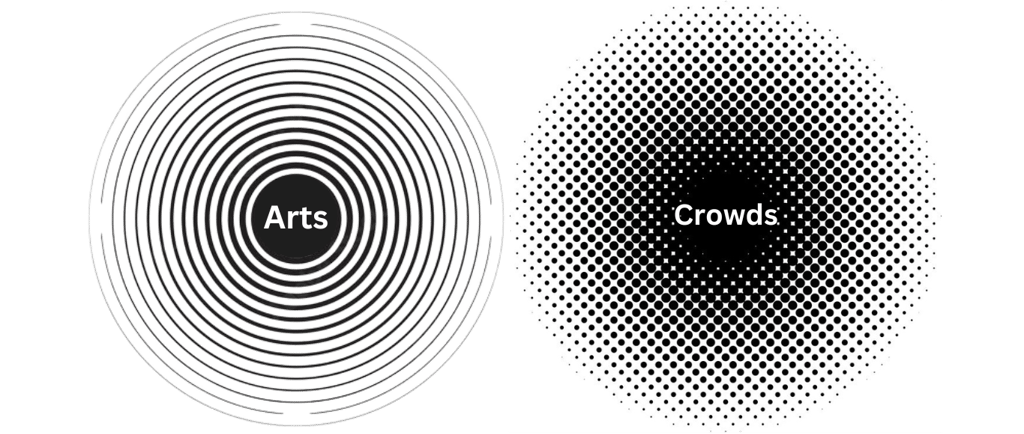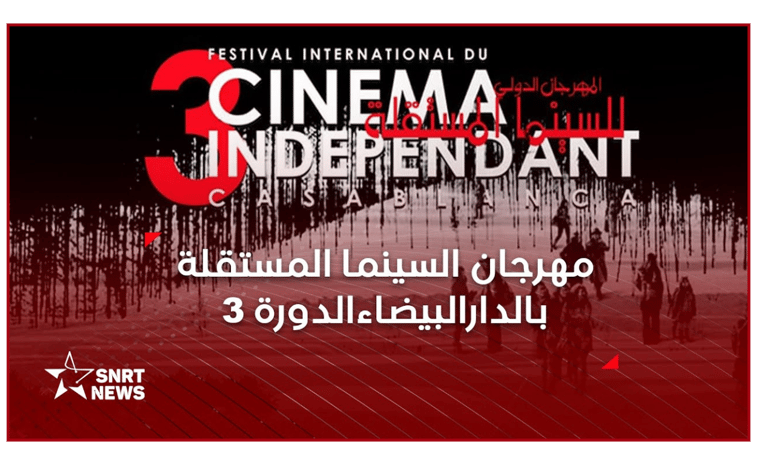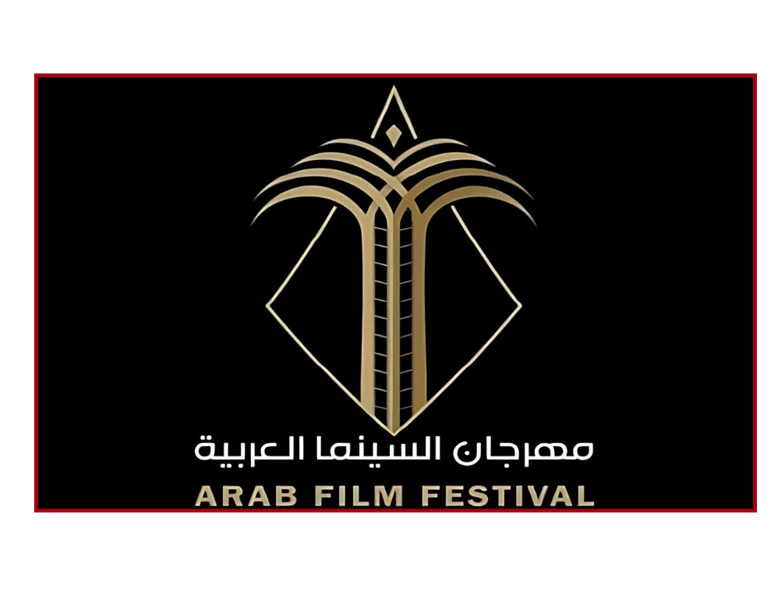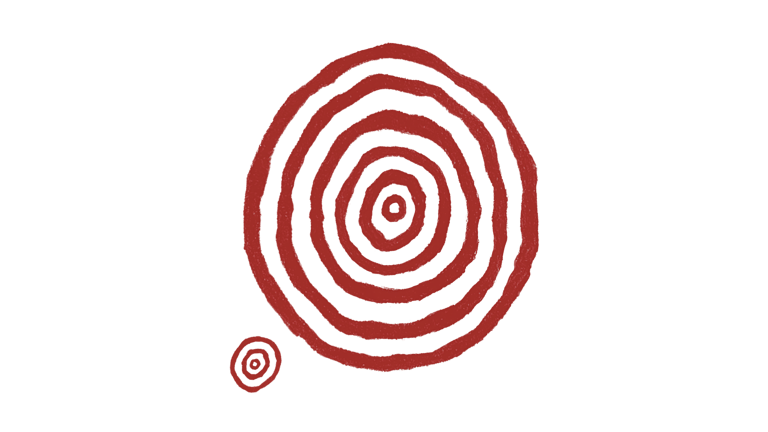Merken magazine
Two film festivals in Casablanca: the contrast between arts and crowds
In the bustling city of Casablanca, where history and modernity collide, two film festivals present a striking contrast in their approach to cinema. In this insightful piece, emerging filmmaker Anass El Moustaid Billah takes us on a journey of his own experience in the two festivals.
CINEMAMOROCCO
Anass El Moustaid Billah
7/6/20245 min read


At the heart of Casablanca, the city that fuses the Atlantic waves with the fragrances of history, I have found myself between two completely different worlds, embodied in two contradicting and clashing cinema festivals, spirit and content wise. The first being the International Festival of Independent Cinema, which dealt with cinema as an artistic tool that seeks honest communication and interaction with the audience. The second is the Arab Film Festival which appeared to be a fair for spotlight and grandeur, at which place authentic art remains submerged under superficiality.


The International Festival of Independent Cinema:
Where the reels of art and independence meet to collage inspirational movies within the depths of cinema.
The moment I set foot on the festival, I felt part of a real human experience. It is here that Cinema was presented as a lively art form, reigning as an instrument for self-exploration and perception of the other, not a means for shallow entertainment. It welcomed a diverse array of attendees, allowing for inspirational conversations full of vitality, which reminded me of a quote by the German Philosopher Martin Heidegger where he says “The essence of art would be this: the truth of beings setting itself to work.” It is in this festival that films unveil truths, revealing hidden aspects of the human psyche, and inviting the watcher for deep and reflective contemplations. The talented directors and producers added significant value to this festival as they roamed amongst the crowd, speaking with full transparency and honesty. By thoroughly answering the questions and actively listening to the criticism, they were promoting open conversation between the creator and the recipient. This festival was a major and strong reminder of Cinema’s status as a bridge between a Human being and the World, a mechanism to bring to light the hidden and mysterious facets of existence. The movies displayed in the festival embraced subjectivity and sought the portrayal of personal experience that mirrors the feelings and thoughts of its creators; as said by the Danish Philosopher Søren Kierkegaard “Truth is wholly subjective and personal.“
In a conversation with the gifted Portuguese director David Bonneville about his film “The Last Bath” we plumbed the depths and details of the excellent realism techniques incorporated in his movie, and how it added an emotional and realistic sense to the deep and intense story. On the other hand, the Moroccan filmmaker Hakim Belabbes in a deep and philosophical conversation expressed to us his poetic vision of cinema, displaying the manners in which cinematic art incorporates reality and fiction in a historical and poetic way.
The influence of the preceding cinematic generation on the new generation was discussed in a humane and philosophical conversation with the Moroccan film Director Nour-Eddine Lakhmari, as he spoke of the cinematic heritage with language full of profundity and sagacity, diving into the essence of art and its temporal dimension, he stressed the previous cinematic generation’s significant impact and that it does not go unnoticed but left its fingerprints and roots embedded in Cinema’s soils nurturing the spring sprouts of creativity, and paving the way for the new generation’s growth and flourish. Lakhmari later clarified that the cinema pioneers’ experiences are shared transgenerationally not only through artistic techniques but also through intellectual and spiritual essence, penetrating the fabric of time. He also underlined how the heritage of cinema is more than mere past souvenirs to reminisce about, but a breathing being that grows and constantly moves, extending to form the present and to influence the future. In his vision, the art of cinema is an eternal conversation between generations, tangling the old and the new in a continuous dance, creating an incessant interaction between what was and what will be, it is this exchange that fuels cinema’s power and continuity. Wedding personal creativity and collective wisdom, spouting a new vision and stemming the roots of human experience.


